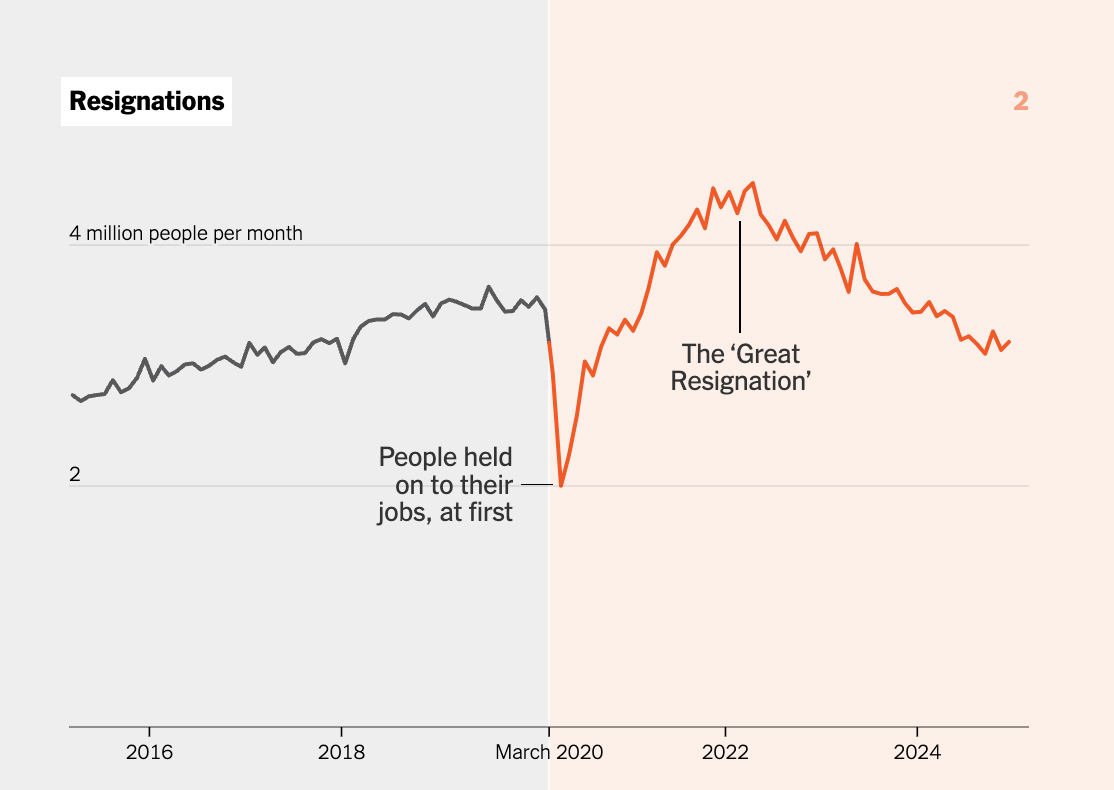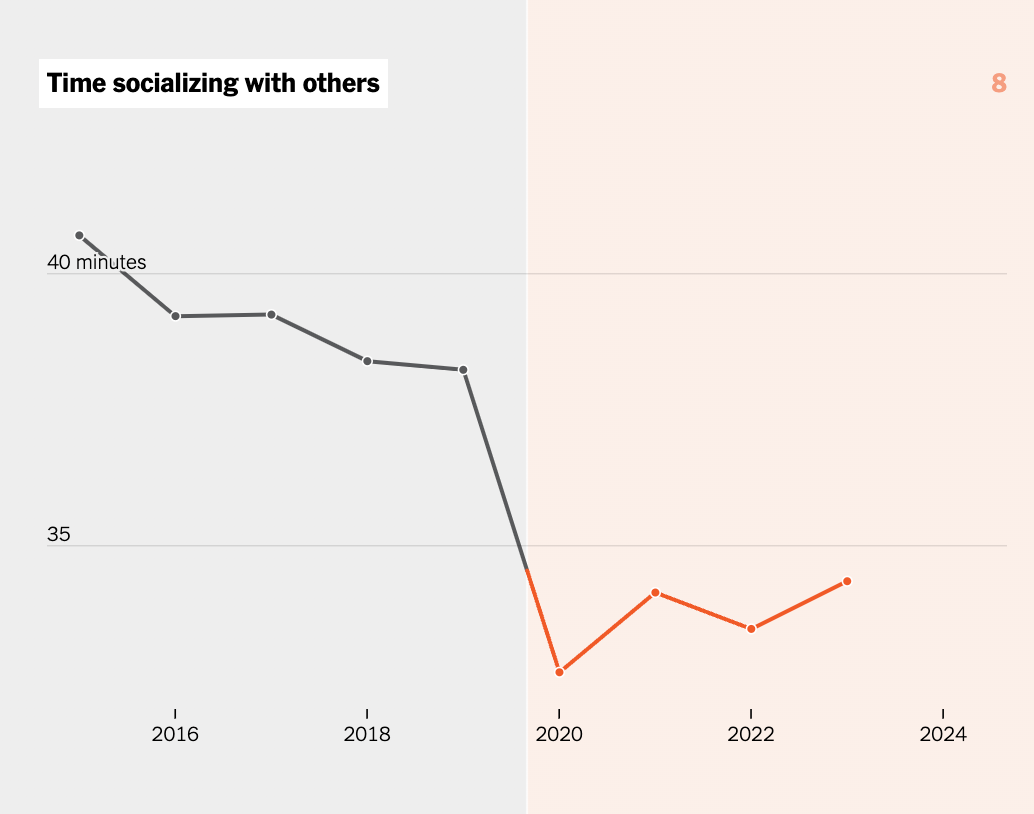This 12 months the Edelman Belief Barometer reached its 25 12 months anniversary. The world regarded very completely different on the Millennium, the one factor you would learn in your telephone was a 160 character textual content message and most of us nonetheless received our information and leisure from mass media retailers. In recent times Edelman’s report has informed us that the most important factor that almost all of us belief is our firms. Or at the least we used to, however issues have gotten rather a lot worse.
The 2025 report paints an image of declining belief and rising anger. As a substitute of belief, Edelman discovered anger. Anger with authorities, anger with establishments and anger with our firms. Edelman describe it as a ‘disaster of grievance’. This sense of grievance is a lack of religion in leaders. For these struggling most in society there’s a conviction that the system isn’t truthful and different persons are exploiting them. Edelman’s knowledge is instructive for some the tendencies that we see mirrored within the information. The findings are sometimes uncomfortable studying:
-
Half of all white folks within the US imagine they’re being discriminated towards
-
Globally two-thirds of respondents felt that the wealthy “don’t pay their fair proportion”
-
Throughout all races and genders there’s a common sense that “I get screwed”
-
Over half of the respondents say capitalism doesn’t work
-
53% of 18-35 12 months olds endorse violence as a way to an finish
Enterprise was once the one factor that was trusted. Now enterprise has a seen a drop in belief amongst the extremely aggrieved. Belief in CEOs has dropped to 30% amongst these with the most important sense of grievance.
It begs the query of what any of us can do to beat this? The report acknowledges that belief begins domestically. Even when we don’t belief CEOs usually we’re considerably extra more likely to belief our CEO. In a society riddled with an absence of belief, we are able to construct it in our groups and our organisations.
Analysis from Wharton says that the issues that construct belief are heat, integrity and competence. Heat is about exhibiting a human connection, constructing empathy, exhibiting that you’re human. Integrity is about doing the best factor. Ensuring that your behaviour is aligned together with your phrases.
The competence component can’t be underestimated. It’s why political commentators typically observe that newly elected leaders have to concentrate on delivering outcomes. Because the saying goes belief is constructed by ‘doing what you say you’ll do, whenever you say you’ll do it’.
Professor Paul Zak is an knowledgeable on belief. His work means that when organisations get this proper the advantages are off the charts. He discovered that when staff members expertise excessive ranges of belief, they’re 74% much less confused, and so they report feeling 106% extra power at work. They’re 76% extra more likely to really feel engaged and their productiveness is 50% greater. What occurs to folks’s work innies additionally advantages their outies at house. Staff in high-trust groups are 29% happier with their general lives and life expertise 40%.
We’re dwelling by means of a disaster of belief in each space of our lives. The query is not who we belief—however how we earn it again. And for many people, that work begins proper now.
Need extra?
Hearken to the podcast about final 12 months’s report,
Take a look at the Edelman Belief Barometer web site

“Each single individual assumes that the mental framework they grew up with is pure, regular, inevitable and needs to be common. And everyone seems to be improper” – anthropologist Gillian Tett (see extra beneath)



The podcast isn’t useless. It was simply resting. I had a superb dialogue about micro-cultures and when a supervisor must be a bit of subversive as a way of defending their folks. Patricia Grabarek and Katina Sawyer talked rather a lot about constructing a fantastic tradition on your staff even when your agency isn’t focussed on it. Main for Wellness is out subsequent week.
Hear: Spotify / Apple / web site

